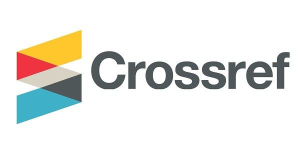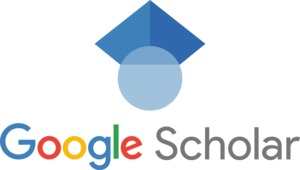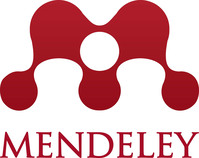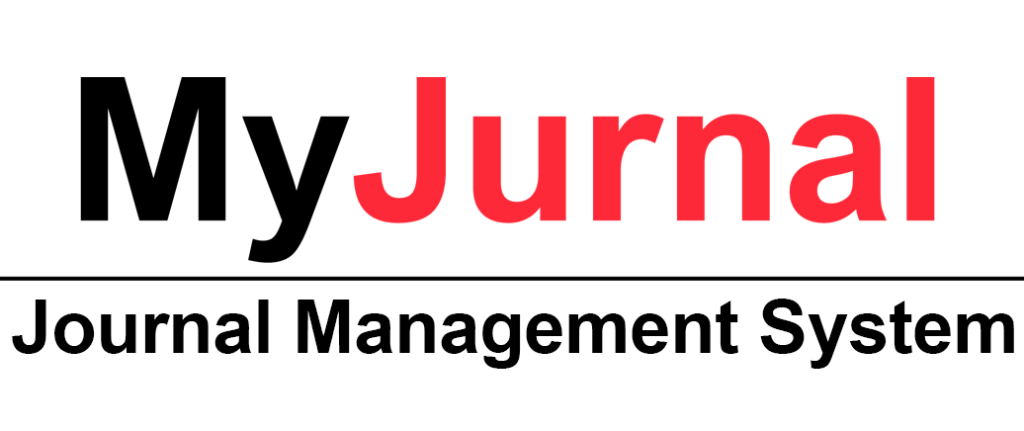Reflections on Education for Sustainable Development and the new UNESCO Recommendation on Education for Peace, Human Rights and Sustainable Development
DOI:
https://doi.org/10.31436/ijes.v13i2.594Keywords:
UNESCO, 2030 Agenda, Sustainable Development Goals (SDGs), education for sustainable development, critical discourse analysis, humanistic thoughtAbstract
Education for Sustainable Development (ESD) has been a pivotal, yet evolving concept in the global
discourse on sustainability since its introduction in Agenda 21 (1992). This article critically examines
the recent UNESCO Recommendation on Education for Peace, Human Rights and Sustainable
Development (2023) in light of ESD’s disputed definition(s), functions, and intended outcomes
including perspectives on philosophical underpinnings. The analysis applies Critical Social Theory
and uses critical discourse analysis. The findings show that despite the UNESCO Recommendation’s
claim of creating consensus on definitions of concepts including ESD, it perpetuates existing
inconsistencies and vagueness, thereby hindering implementation and fulfilment of the enabling role
of ESD. The study demonstrates that the UNESCO Recommendation includes references to
humanistic thought without acknowledging or addressing potential limitations in relation to diverse
worldviews. Following an extensive literature review published in 2024 (Kohl et al., 2024), this article
is a second insight into doctoral research underway at the International Islamic University Malaysia
(IIUM). The research analyses the ESD-related UN/UNESCO discourse between 1992 and 2023,
examining ESD’s understanding and references to humanistic thought. Moving forward, the authors
call for pluralistic perspectives on ESD that embrace a shared basis and philosophical grounding to
support context-sensitive implementation.
Metrics
Downloads
Published
How to Cite
Issue
Section
License
Copyright (c) 2025 IIUM Press, International Islamic University Malaysia

This work is licensed under a Creative Commons Attribution 4.0 International License.
The Journal will own copyright to all published works and have the right of first publication, both in print and online, unless other arrangements are made with the Editors in advance. It is the author`s responsibility to ensure that where copyright materials are included within an article the permission of the copyright holder has been obtained beforehand.























